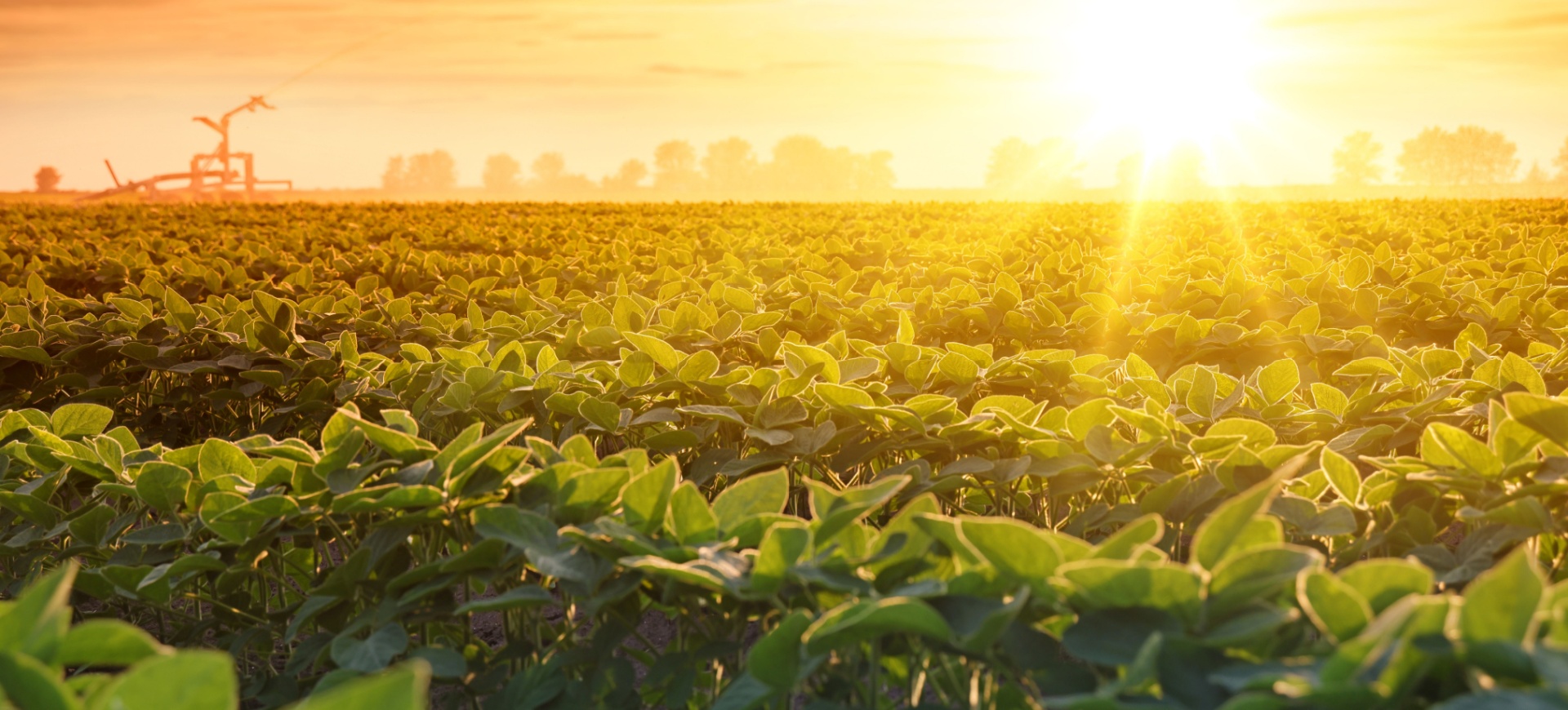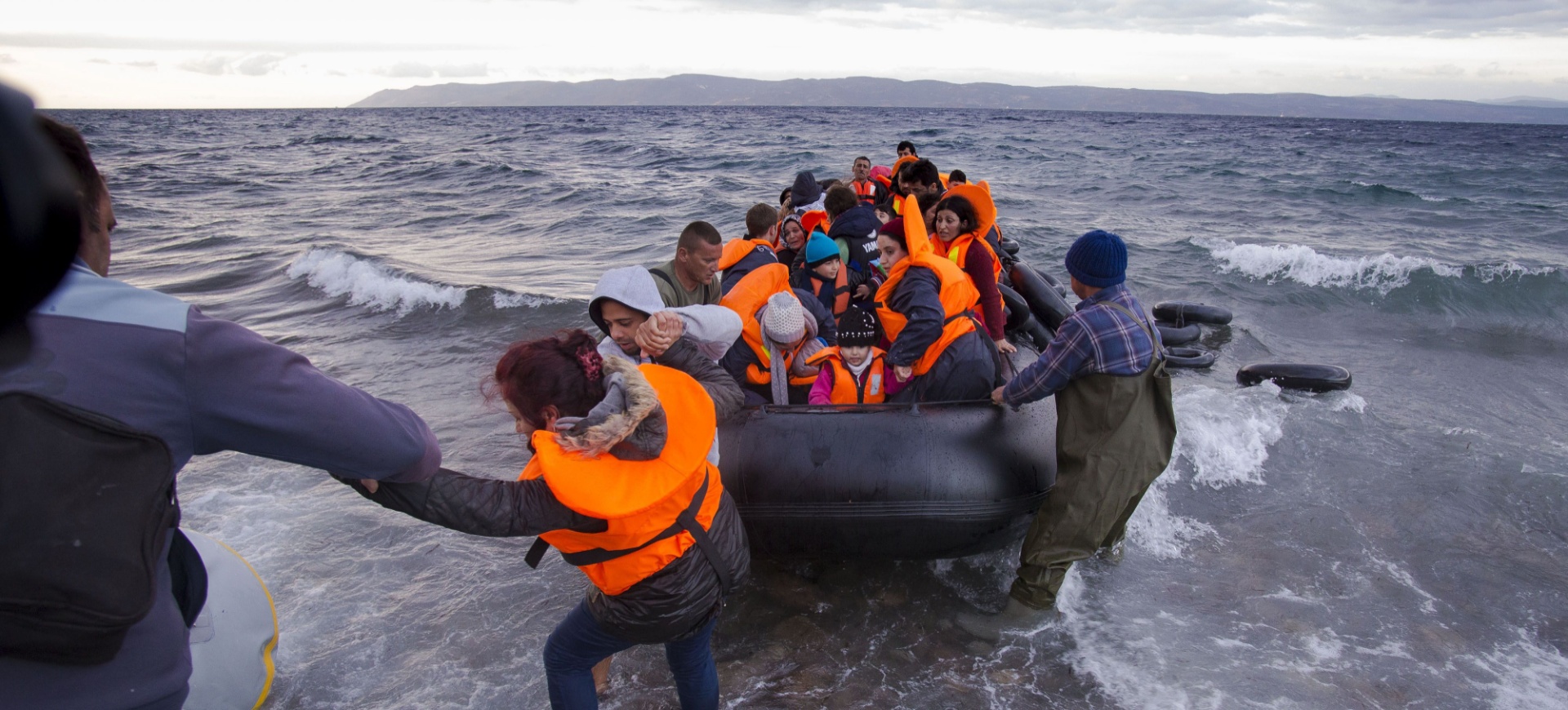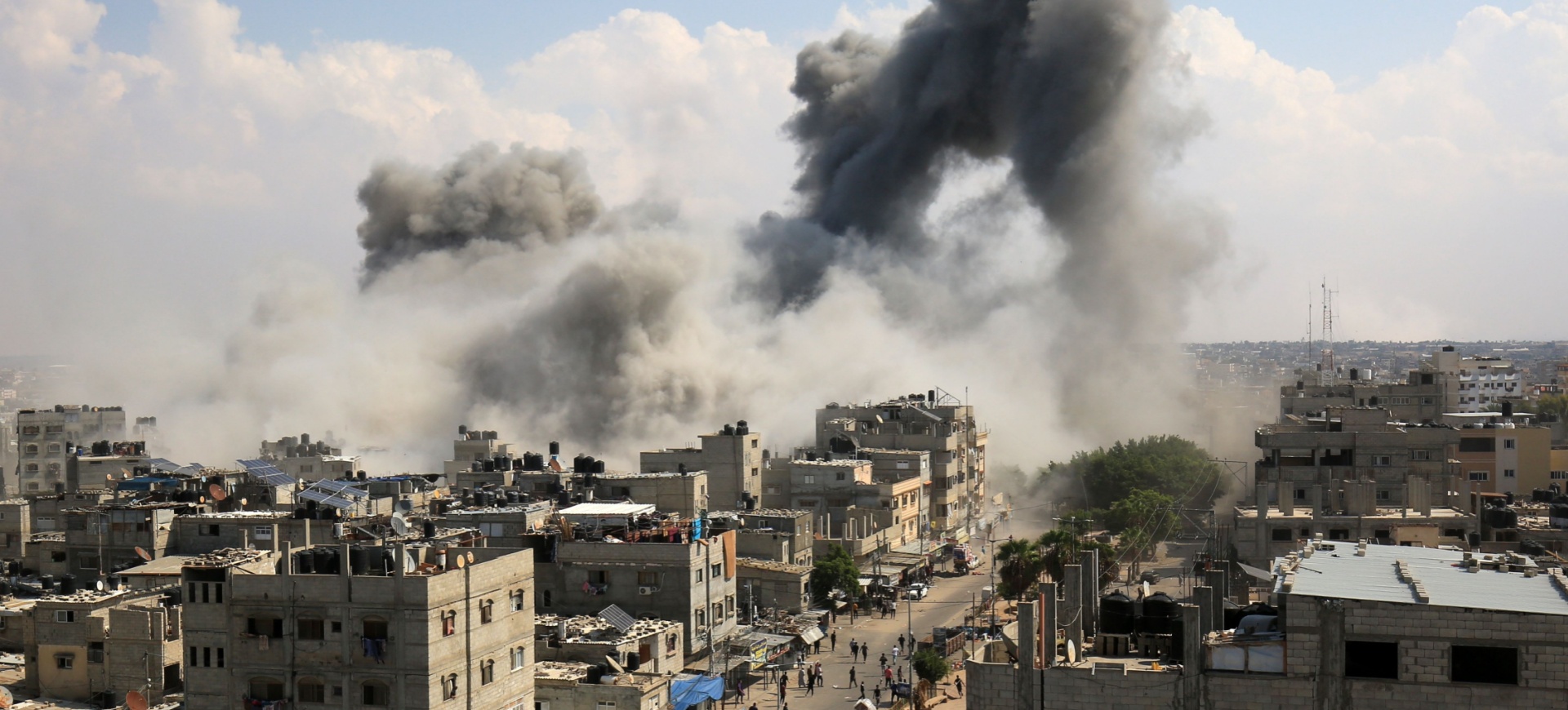Building resilience and revitalising sustainable development in challenging times
During the past few years, developing economies have been hit by numerous external shocks, exacerbating their debt vulnerabilities, limiting their fiscal space and jeopardising decades of poverty alleviation efforts. Developing economies are facing multiple adverse impacts from tightening monetary policies by advanced economies to contain inflation, including skyrocketing costs of borrowing, elevated investor risk aversion and associated outflows from developing markets, in addition to increasing financial stability risks. These multiple shocks that are eroding the developing economies’ ability to maintain resilience in the face of a shifting economic landscape cannot be addressed properly unless we devise international and concerted multilateral responses. The G20 plays a key role. I commend India’s G20 presidency for its commitment to an inclusive approach to the deliberations, especially as global interdependence requires a wider dialogue on the policy spillovers from advanced economies to the developing world.
Consistently, through its participation in the G20, Egypt emphasises that Africa, the future growth centre and engine of our global economy, shall not be left behind in economic decision-making. Advancements in G20 workstreams can enable Africa to overcome multiple barriers facing its progress towards the Sustainable Development Goals, including on access to finance, addressing debt distress, natural resources and energy security, employment and migration.
Developing economies faced daunting challenges when global liquidity dried up, starting with the Covid-19 pandemic, followed by the highest inflation in 40 years in tandem with the war in Ukraine. Without a significant expansion of development finance flows, an uneven post-pandemic recovery would deepen global inequalities. While the financial flows needed to fulfil our SDGs are in the order of trillions of dollars, available development finance, including from multilateral development banks, falls significantly short of delivering adequate support. The MDBs have always been preferred partners, but it became evident that our expectations are higher, especially when many African countries are cut off from capital markets. Therefore, there is an urgent need for inclusive dialogue on strengthening the MDBs’ financial footprint, based on recipient countries’ priorities. Under Egypt’s presidency, one main outcome of the 27th Conference of the Parties to the United Nations Framework Convention on Climate Change in Sharm El-Sheikh in 2022 was the collective call for the international financial institutions and MDBs to provide and mobilise additional finance, facilitate access to the resources and increase the focus on concessional instruments of delivery. The Sustainable Debt Coalition, calling for several measures, including debt swaps, was also launched by the COP27 presidency and has garnered the support of governments from Africa and beyond.
RESILIENCE IN QUESTION
Relatedly, soaring interest rates put the resilience of our debt architecture into question. Recent defaults among some developing countries trigger concerns about contagion to other low- and middle-income countries. Left unaddressed, these concerns could overshadow our fiscal consolidation efforts and fuel market reluctance towards many emerging markets. In the absence of credible reforms to enhance the predictability and efficiency of our debt treatment mechanisms, the mounting debt burden will continue to crowd out valuable public investments and derail progress towards the SDGs.
Similarly, a delayed resolution of ongoing conflicts continues to drive forced displacement through Africa. Being committed to providing a safe refuge for millions of the displaced, Egypt is witnessing an unprecedented influx of them, including recently from Sudan. Egypt continues to be an anchor of regional stability by supporting migrants’ integration into its labour market and access to adequate public services, but also through cooperation with its partners to mitigate the risks of disruptive migratory flows. Containing this human suffering is a shared responsibility and I call upon the international community to scale up funding to help alleviate this burden.
Climate distress is also increasingly shaping displacement patterns. Extreme weather events, combined with tighter global credit conditions, leave impacted communities facing the need for humanitarian assistance and the cost of post-disaster reconstruction and macroeconomic stabilisation. Egypt supports the expansion of finance options available to impacted communities. In its capacity as COP27 president, Egypt led the establishment of a new funding arrangement for loss and damage after three decades of deliberations.
These crises drive us to urgently enhance resilience and growth via regional integration. Through its unique position as a regional energy hub, Egypt continues to be a major route for energy trade and to shoulder part of the responsibility in responding to its European partners’ energy demand. Egypt and its regional partners launched the East Mediterranean Gas forum. As it grows in size and impact, the East-Med energy hub will increasingly be an anchor of stability in the region. Egypt has also been developing partnerships with governments and businesses to harness its potential in green hydrogen and renewables.
AN EQUAL SAY FOR ALL ECONOMIES
Finally, our collective progress towards the SDGs should not be hindered by economic fluctuations. The G20 bears a responsibility to support the consistency of that progress, particularly in developing countries that are the most impacted by the current crises while having contributed little to their inception. Amid the current inflationary pressure and economic hardships, it has become vital to discuss the reform of the international financial architecture, and to give an equal say to all economies – developing and developed – on the governance of international financial markets. Egypt expects the G20 to shoulder its responsibilities in accelerating the fulfilment of the SDGs, particularly by alleviating barriers to finance and championing the reform of debt treatment mechanisms. Addressing the constraints facing food production and supply chains remains another high priority for food-importing developing countries. I also call on the G20 to give due consideration to the reform of the World Trade Organization to enhance the rules-based multilateral trading system while preserving the WTO’s fundamental principles, including special and differential treatment for developing and least developed countries. We count on the G20 to promote a member-driven, inclusive and transparent reform process, in order to preserve the credibility of the WTO as the sole negotiating platform for setting the global trade rules. While all these priorities require a spirit of leadership and compromise as well as increased investment in multilateralism, the cost of inaction and lost opportunities would be much higher.











